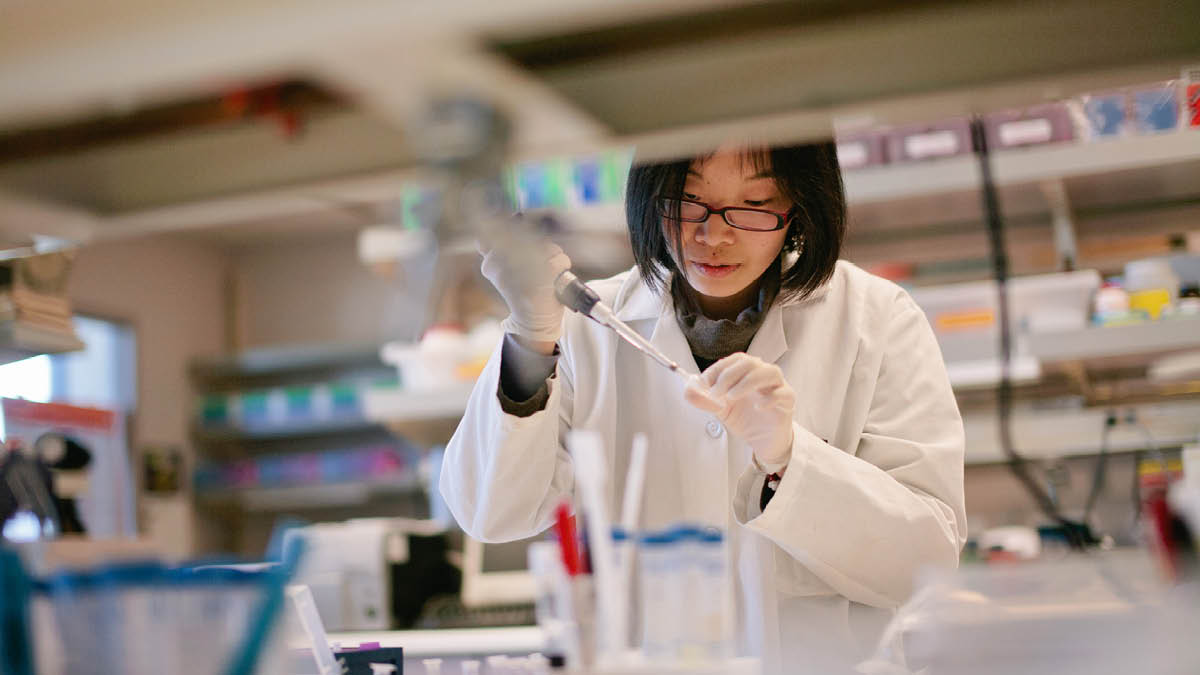Already a subscriber? Make sure to log into your account before viewing this content. You can access your account by hitting the “login” button on the top right corner. Still unable to see the content after signing in? Make sure your card on file is up-to-date.
Several Chinese pharmaceutical companies listed on the stock market have allegedly used endangered animal parts in their products, a claim made by an environmental group.

The London-based Environmental Investigation Agency (EIA) released a report on Monday pinpointing three firms – Beijing Tong Ren Tang Group, Tianjin Pharmaceutical Group, and Jilin Aodong Pharmaceutical Group – urging global investors, including renowned banks UBS and HSBC, to reconsider their investments. The trio is part of a longer list of 72 companies the environmental NGO accused of using threatened leopard and pangolin parts in at least 88 traditional Chinese medicine (TCM) items.

TCMs are well-known for incorporating diverse animal parts, with companies often praising the benefits of such ingredients openly. Avinash Basker, a representative from EIA, expressed in a media statement, “It’s particularly disappointing to see so many major banks and financial institutions effectively endorsing this damaging exploitation,” urging immediate divestment from TCM makers using threatened species.
In the NGO’s assessment, 62 financial entities, including UBS, Deutsche Bank, HSBC Holdings, Citigroup, and BlackRock, invested undisclosed sums in at least one accused company. Some stakeholders, such as Wells Fargo & Co, conveyed divestments from either the funds associated with the TCM firms or their shares directly.

Other banks shared different narratives: HSBC Global Asset Management Canada and Royal Bank of Canada indicated investments were limited to passive funds, while UBS mentioned their holdings represented client interests. Deutsche Bank, HSBC Holdings, Citigroup, and BlackRock did not address the NGO’s inquiries, and only Citigroup, Deutsche Bank, and BlackRock chose not to comment when approached by multiple news outlets.
The EIA further implored the Chinese authorities to restrict the usage of endangered animal components for all trade in local markets. All three Chinese pharmaceutical companies have not responded to requests for comment by multiple news outlets.






